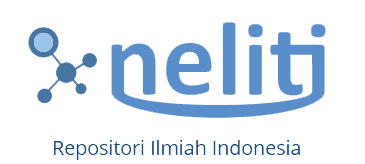Analysis in Assessing Environmental, Social, and Governance (ESG) Risks and Impact on Business Sustainability
DOI:
https://doi.org/10.36982/jeg.v9i3.4902Abstract
Objective: This study aims to explore auditors' analysis in assessing risks related to Environmental, Social, and Governance (ESG) and their impact on business sustainability.
Design/Method/Approach: The research method used is descriptive analysis using the literature review method. Literature reviews can explain the background of a topic's research, the reasons why a topic is important to research, and find relationships between studies or research ideas.
Findings:Environmental, Social, and Governanceaudits have a significant positive impact on business sustainability. Increased transparency, strengthened governance, and more effective risk management make companies better prepared to face sustainability challenges.
Originality/Value:NoveltyThis study discusses the analysis in assessing Environmental, Social and Governance Risks and their impact on Business Sustainability.
Practical/policy implications:This research is expected to help management in ensuring the long-term sustainability of the company, and help auditors in analyzing Environmental, Social, and Governance (ESG) risks.
Keywords:Auditors, Environmental, Social, and Governance (ESG), literature review
Downloads
Published
How to Cite
Issue
Section
License
Copyright (c) 2024 Anisha Natasya, Harry Z. Soeratin

This work is licensed under a Creative Commons Attribution-ShareAlike 4.0 International License.
Authors who publish with this journal agree to the following terms:
- Authors retain copyright and grant the journal right of first publication with the work simultaneously licensed under a Creative Commons Attribution License   that allows others to share the work with an acknowledgement of the work's authorship and initial publication in this journal.
- Authors are able to enter into separate, additional contractual arrangements for the non-exclusive distribution of the journal's published version of the work (e.g., post it to an institutional repository or publish it in a book), with an acknowledgement of its initial publication in this journal.
- Authors are permitted and encouraged to post their work online (e.g., in institutional repositories or on their website) prior to and during the submission process, as it can lead to productive exchanges, as well as earlier and greater citation of published work










